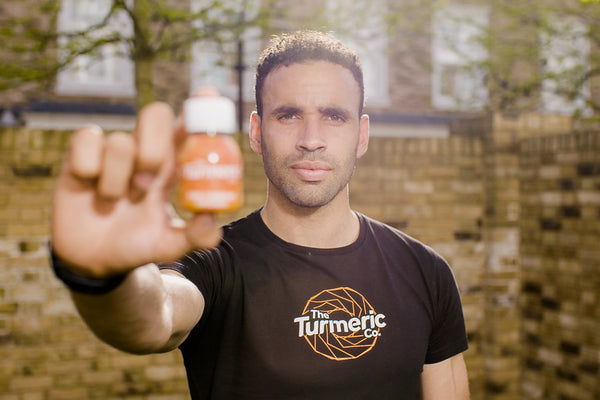How to Get Rid of Brain Fog When Working from Home
While working from home began as a bit of a novelty during the first lockdown, it’s since become part of ‘the new normal’ and something we’ve all become accustomed to. However, working from home doesn’t come without its problems, with many people reporting an inability to switch off and working well into the evening.
This all-work-and-no-play approach can quickly result in brain fog, and although it exists in office environments too, it can be more prevalent when the lines between work and home are blurred. With a number of different causes, brain fog can affect just about anyone, so if you’re looking for ways to beat it our top tips can help you.
What is Brain Fog?
Although it might sound quite serious, brain fog isn’t actually a medical condition, but it can be a symptom of another underlying issue.
The main symptoms of brain fog include:
• Confusion
• Feeling spaced out
• Being easily distracted
• Forgetfulness
• Speaking more slowly or difficulty finding words
What Causes Brain Fog?
There are numerous reasons why brain fog can occur, but the most common reasons include:
• Stress
• Poor quality sleep
• Hormones – especially during pregnancy
• Poor diet
• Certain medications
• Underlying medical conditions
• Dehydration
No matter what is causing brain fog, it’s thought that it occurs when the body is in an inflammatory state, as this slows down the conduction between neurons in the brain – affecting concentration, energy and focus. But what exactly can be done to combat this and get rid of brain fog?
How to Get Rid of Brain Fog
If you’ve been feeling the full effects of brain fog after working from home, then our tips might be able to alleviate some of the mental strain and get you thinking more clearly again.
Maintain an Exercise Regime
Whilst exercise might seem like the cure for nearly every ailment, it’s incredibly important to make sure you’re getting enough regular exercise to keep you fighting fit and healthy.

It’s recommended that adults take part in some sort of physical activity every day and at least 150 minutes each week. Whether you go swimming, go on a walk or try some calming yoga – it will help you to reduce stress and get away from your screen to give you the best chance of that brain fog lifting.
Prioritise Hydration
It can be difficult to maintain your hydration levels when you’re stuck on back-to-back Zoom meetings or you’ve got what seems like a never-ending to-do list, however, dehydration can be a huge contributing factor to brain fog.
That’s because your brain is made up of 75% water, so when your hydration levels begin to drop, so will your concentration levels! In fact, just a 2% dip in brain hydration can cause short-term memory loss and difficulty concentrating.
Although it might be tempting to reach for yet another cup of coffee in a bid to make yourself feel more alert, this can actually have the opposite effect, dehydrating you even further. Instead, aim to drink regular sips of water throughout the day, or around 6-8 glasses of water to keep yourself adequately hydrated.
Choose Foods That Fight Brain Fog
It’s no secret that your diet can have a huge impact on your overall wellbeing, but it can also play a part in reducing – or exacerbating – brain fog.
Although it might be tempting to order yet another food delivery so you can log a few extra hours at work, regularly consuming less nutritious meals can be a contributing factor to the condition.

Some of the best foods that fight brain fog include:
• Foods high in vitamin B12, such as eggs, cheese, milk, fish and meat
• Food high in Omega-3 fatty acids, including oily fish, nuts and seeds
• Choline-rich foods, such as eggs, cauliflower, peanuts and fish
• Foods and supplements containing anti-inflammatory curcumin, such as raw turmeric shots
If you already maintain a healthy, balanced diet, then a turmeric supplement might just be what you’re looking for. Studies have shown that turmeric can help with brain fog thanks to the active compound, curcumin, which possesses anti-inflammatory properties – helping with inflammation associated with the condition.
Take Regular Breaks
If you’re guilty of logging more than your fair share of hours, working well into the evening and eating your lunch at your desk, then suffering from brain fog might be a sign that you need to take a break!
Aside from taking regular breaks away from your desk (yes, including your lunch hour!), it’s important to make sure you’re getting enough rest too. Aim for at least 7-9 hours of quality sleep each night.
That means no checking your emails just before going to sleep, avoiding caffeine around 6 hours before you go to bed and allowing yourself at least an hour to relax and unwind before your head hits the pillow.
If you’ve been suffering from brain fog whilst working from home, then these tips should help to ease the symptoms and make you function like your usual self in no time.

The Hal Robson-Kanu Guide To Fitness & Nutrition
Gain exclusive insight into habits that will make every day a healthy and fulfilling one.












